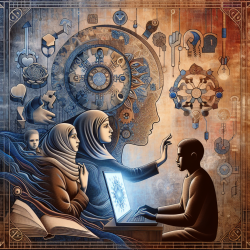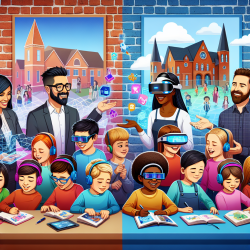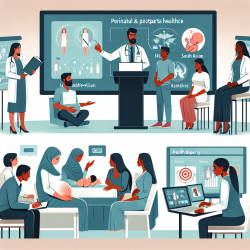Introduction
The COVID-19 pandemic has dramatically altered the educational landscape, prompting educators to rethink traditional approaches to schooling. A recent research article titled Rethinking the Purposes of Schooling in a Global Pandemic: From Learning Loss to a Renewed Appreciation for Mourning and Human Excellence offers valuable insights that can help practitioners improve their skills and create better outcomes for children.
Understanding Learning Loss
The concept of "learning loss" has dominated discussions about education during the pandemic. While it is crucial to address the gaps in students' knowledge, focusing solely on learning loss can be harmful. Comparative measures of learning loss often unjustly penalize students who faced significant challenges during remote learning, such as lack of internet access or a supportive learning environment.
Instead of framing the issue as a deficit, we should consider the broader context of students' experiences. This approach aligns with the idea of "education debt," which acknowledges the historical and structural injustices that affect students' learning opportunities. By adopting this perspective, we can create more equitable and supportive educational environments.
The Importance of Mourning
The research article emphasizes the need for schools to engage students in the process of mourning their individual and collective losses. Mourning is not just about acknowledging grief; it is a crucial step towards healing and finding new ways to move forward. Schools can play a vital role in helping students process their emotions and experiences, which can lead to a deeper understanding of human excellence.
Creating spaces for collective mourning can be powerful. It allows students to share their experiences and learn from each other, fostering a sense of community and resilience. Schools can use literature, history, and other subjects to teach students about the power of mourning and the importance of facing difficult truths.
Promoting Human Excellence
Beyond addressing learning loss and mourning, the research highlights the importance of promoting human excellence in education. This involves helping students find and pursue their passions, whether in academics, arts, sports, or other areas. By focusing on what students value and find meaningful, educators can create more engaging and effective learning experiences.
Encouraging students to strive for excellence in diverse forms can also build resilience. When students are passionate about their pursuits, they are more likely to continue their efforts even in challenging circumstances. This approach can help prepare students for future disruptions and ensure they remain motivated and engaged in their education.
Practical Steps for Educators
To implement these insights, educators can take several practical steps:
- Adopt a holistic approach to assessing students' learning, considering their individual contexts and challenges.
- Create opportunities for collective mourning, using literature, history, and other subjects to facilitate discussions about loss and resilience.
- Encourage students to pursue their passions and strive for excellence in diverse forms, providing support and resources to help them succeed.
- Rethink traditional measures of success, focusing on meaningful learning experiences rather than standardized test scores.
Conclusion
The COVID-19 pandemic has provided an opportunity to rethink the purposes of schooling and create more supportive and meaningful educational experiences. By addressing learning loss, facilitating mourning, and promoting human excellence, educators can help students thrive in the face of adversity.
To read the original research paper, please follow this link: Rethinking the Purposes of Schooling in a Global Pandemic: From Learning Loss to a Renewed Appreciation for Mourning and Human Excellence.










